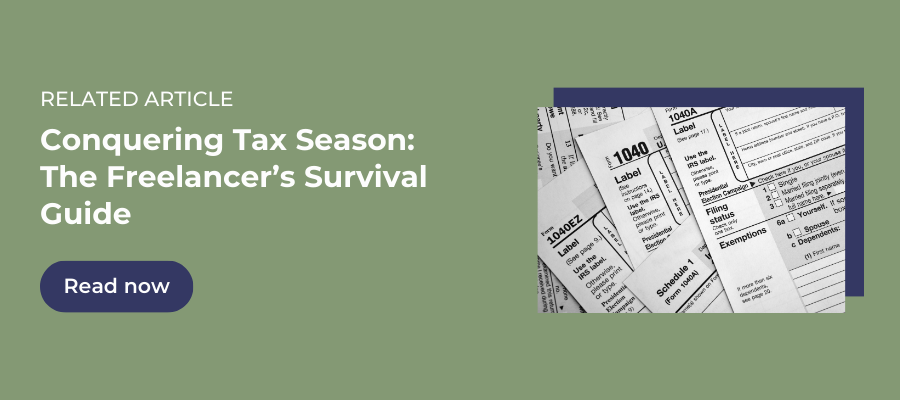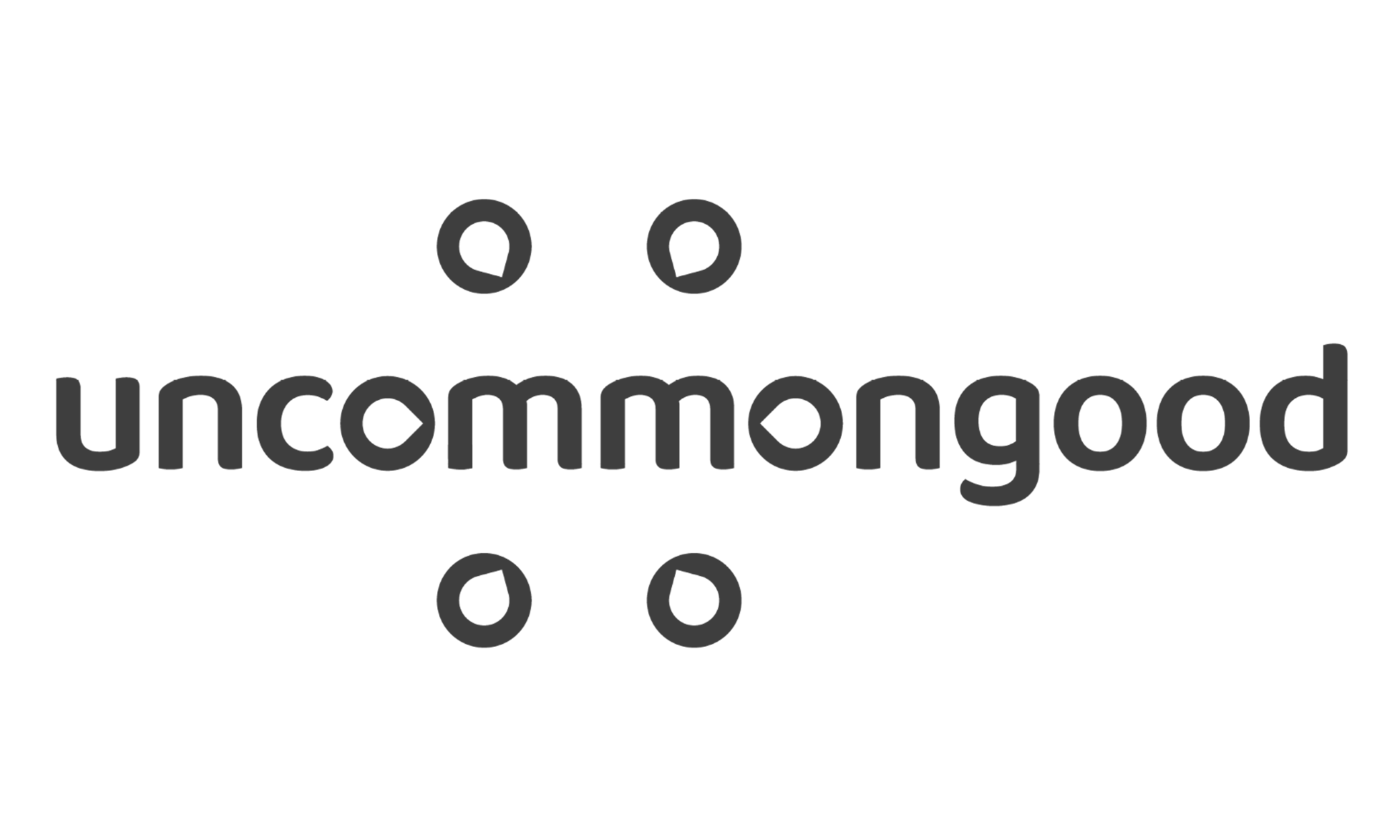Whether you’re a writer, a designer, a developer, or other independent professional, you’ll likely have to spend money on things related to your business (think: software, office supplies, licenses and certifications, computer accessories, etc.). Investing in your business is crucial to its growth and expansion, but as a freelancer, these expenses come out of your own pocket.
The good news: if you’re diligent about tracking your business expenses and keeping your receipts, you can write off most business-related expenses on your taxes. This means more of your hard-earned income stays where it belongs: in your bank account.
Tracking business expenses isn’t hard, but it requires some know-how and a system to get it right. Read on for our how-to guide, including a free business expenses tracker template you can download to make the process a breeze.
Understanding Business Expenses
First things first, let’s define business expenses. Any costs associated with operating your freelance business count as a business expense. They can range from the obvious, like purchasing a new laptop or software subscriptions, to the less obvious, such as the portion of your home internet bill that supports your work.
Why is tracking business expenses important? For starters, accurately recorded business expenses can significantly reduce your taxable income, leading to potential savings come tax time. Moreover, a clear picture of your business-related costs helps you price your services appropriately, ensuring profitability.

Getting Started: What to Track
Tracking business expenses requires recording certain details about the expense. Here’s what to document:
- Date: When the purchase occurred.
- Vendor: The vendor from which you purchased the item or service. For example, if your internet service provider is Verizon, record Verizon as the vendor for the expense.
- Amount: Total dollar amount of the purchase.
- Category: Business expenses need to be categorized for tax reporting purposes. Here are some examples:
- Office expenses: Rent (if you rent office space), home office expenses, office supplies, and software subscriptions.
- Travel expenses: Costs associated with business travel, including flights, lodging, car rentals, and mileage for using your car for business purposes.
- Marketing costs: Website hosting, online advertising, promotional materials, and any tools you use for SEO or social media marketing.
- Education and training: Courses, workshops, books, and any resource that helps you improve your skills and grow your business.
- Miscellaneous: This could include bank fees, payment processing fees, insurance, and legal fees.
- Client: For expenses associated with a particular client.
- Bank account: The bank account you used to fund the purchase.
- Receipt: Make sure you have a copy of the receipt for the purchase. This can be a physical or digital receipt, like an image or PDF.
TIP: Refer to the IRS’s instructions for Schedule A for complete information on itemized deductions.
The golden rule? If the expense is for your business, it’s likely tax-deductible. However, the nuances of tax deductions can vary by location and situation, so we recommend consulting with a tax professional.

How to Track Business Expenses
The days of shoeboxes filled with receipts are long gone. Thankfully, plenty of tools exist to help track business expenses efficiently and painlessly.
Spreadsheets
If you prefer a hands-on approach, spreadsheets are a great starting point. They’re customizable and can be as simple or complex as you need. The key to success with spreadsheets is consistency and regular updates to avoid a backlog of unrecorded expenses.
Accounting software
QuickBooks, FreshBooks, and Xero (to name a few) are accounting software platforms designed with non-accountants in mind. These tools can automate much of the expense tracking process, categorize expenses, and even link to your bank account or credit card to import transactions directly.
Expense tracking apps
For freelancers on the go, apps like Expensify or Receipt Bank allow you to snap photos of receipts and categorize them instantly. These apps are convenient for tracking those easy-to-forget small expenses that add up over time.
Best Practices for Tracking Business Expenses
Here are some tips to make tracking expenses less of a chore and more of a habit:
Stay organized
Create a system and stick to it. Whether you use digital tools or prefer manual tracking, organization is key. Regularly update your records to avoid a pile-up of untracked expenses.
Keep business and personal expenses separate
This might seem like a no-brainer, but it’s crucial for simplifying your accounting process. Use a dedicated business bank account and credit card for business transactions.
Save your receipts
Whether you keep digital or physical copies of your receipts, maintaining a record of your expenses is essential for verification purposes, especially if the IRS knocks on your door for an audit.
Review and reconcile regularly
Dedicate time weekly or monthly to review your expenses. This not only helps you stay on top of your finances but also gives you insights into where you might cut costs or invest more in growing your business.
Plan for taxes
Set aside a portion of your income for taxes, and consider making quarterly estimated tax payments to avoid a large tax bill at the end of the year. Tracking your expenses diligently can also help you maximize deductions and minimize your tax liability.
Tip: Before you pay yourself from your business account, make sure you have enough money set aside in your business checking account to fund your business and pay your quarterly estimated tax payments.
Conclusion
Tracking business expenses might not be the most glamorous aspect of freelancing, but it’s undeniably important. With the right tools and practices, tracking business expenses can become a seamless part of your routine, freeing you to focus on what you do best: growing your business and honing your craft.
Survive Tax Season with UncommonGood
UncommonGood is the all-in-one platform where freelancers manage their finances, marketing, and business operations. UncommonGood is the perfect tool for surviving tax season thanks to these features:
- Calendar: Never miss a tax filing deadline again! (That’s more of your hard-earned money that you get to keep.)
- To-Do List: Assign tasks and reminders to yourself to record your business operating expenses, submit estimated tax payments, and check in with your favorite tax professional.
- Invoices & Payments: Get paid via UncommonGood and Stripe so you can track your income in one place.
Sign up for a free trial and get started today!




